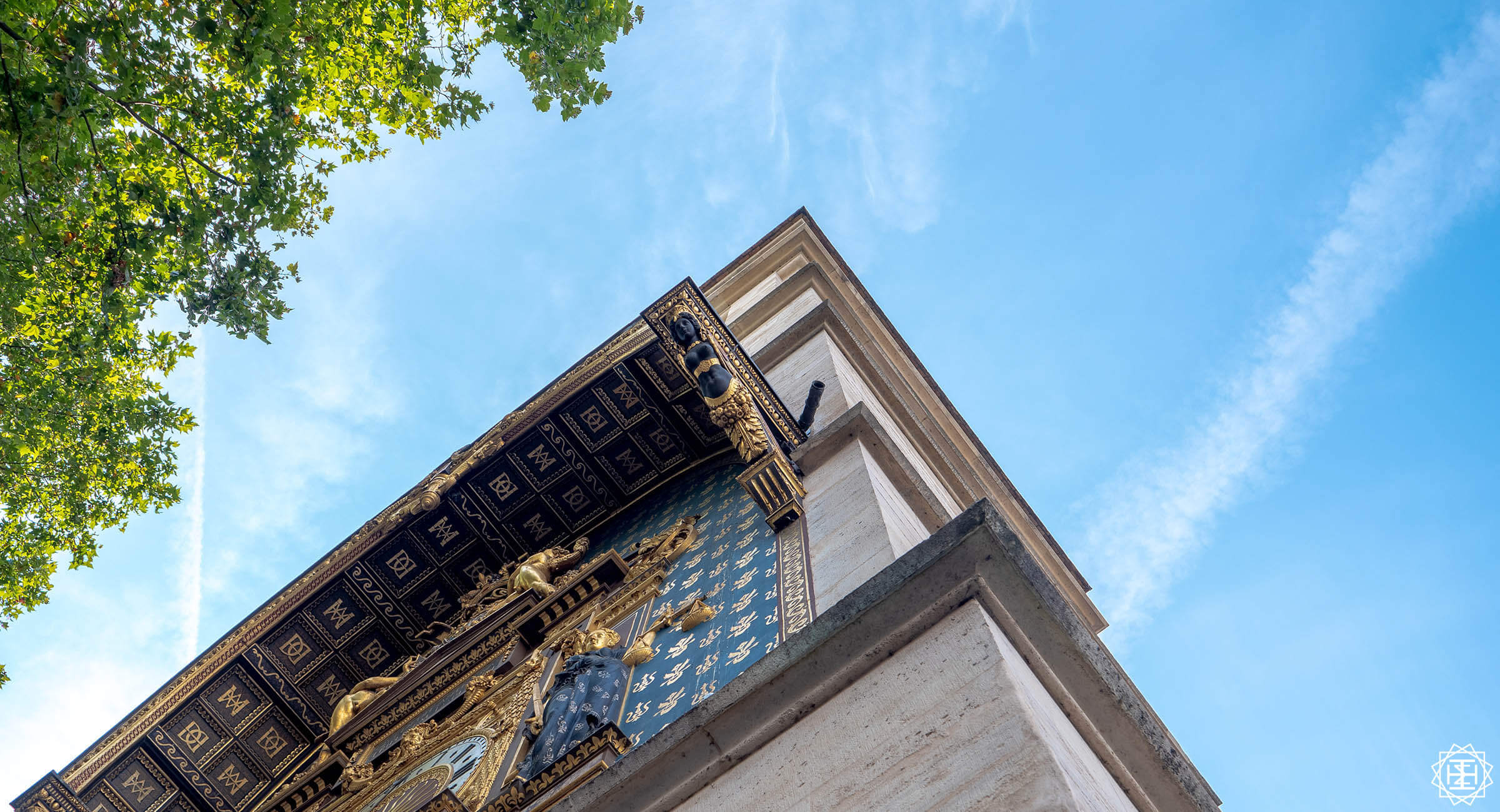Gods leading to found Urban Monasticism
This is not a place we ever expected to find ourselves. After years of slow and methodical leading by God we are prayerfully starting Urban Monasticism. Our hearts, hopes, and prayers are in alignment that this group would be a place of hope and refuge for those who will join us. We hope to explain in this letter how we arrived here. We do not expect our experience or leading to be universal, but that the journeys of others may resonate with our journey too.
Jesus had been stirring things in different parts of our lives. Below we will expound on these points, but at the center of it all is a desire to love Jesus well. We also want to be active participants in our own transformations to look like Jesus to those around us. Realizing our belief that being a Christian leads us to being like Jesus in our character and following Jesus in his practices.
This desire is summed up well in the phrase:
Present with God, Present with Others.
That phrase expresses itself in four primary areas of our lives:
Prayer, Work, Fellowship, and Rest
As mentioned, many things came together to form Urban Monasticism. There are six points listed that we will go on to explain in more detail.
- Desiring a deeper, more steady and meaningful faith.
- Longing to feel more connected with the faithful.
- Rediscovering the history of our Christian faith, and the practices that sustained those who came before us.
- Disillusionment with the modern pathways for spiritual growth.
- Failure of character and spiritual example set by church leadership.
- Sustaining the western church in a time of major change.
- Living a way of life together, with others, in the city.
Desiring a deeper, more steady and meaningful faith.
Our years of faith have been marked by highs and lows. Often those high points happened at special events curated for maximum impact. We are talking about a quieter faith. A faith built upon spiritual practices done in rhythm over time. We know that there is no arriving at a destination or becoming perfect or mastering of faith. Instead we have a life of journey, practice, and humbling attempts at becoming better. Accepting – but not embracing – our imperfection as we commune with God. To invite God into all areas of our lives, to help us in our ongoing process of transformation. A process that is slow and methodical beyond the scope of our lives.
There is no perfect theology, and we are not focused on pursuing thoughts or ideas. We want to live like Jesus would if he lived on our street. To have lives full of love, joy, peace, patience, kindness, goodness, faithfulness, gentleness and self-control. To pray, work, fellowship, and rest well. Holding onto these things is everything. Gods grace is always waiting for us when we fail, and calls us to continue forward in hope.
Longing to feel more connected with the faithful.
Our world is both incredibly connected and disconnected. It is easier to move through life today disconnected from others, and disconnected from those who came before us. By participating in a shared way of life we find community with others. Our shared experience extends through time. We share it with those who found God in these practices centuries past and to come.
The way we practice our Christian faith is important. Jesus modeled a way of life that sustained him, and sustained his disciples after him. Two millennia later we are longing to discover that invitation in our modern lives.
Rediscovering the history of our Christian faith, and the practices that sustained those who came before us.
For two millennia Christian women and men have kept the faith. They have done amazing things, often in quiet ways. The 16th century brought with it the reformation and birth of protestantism. During the years that followed much of the history of our faith fell from our protestant memory. Many of us today know little of the first 1500 years of our shared heritage, and know much of the last 500 (and really the last 200 if you are from the United States). In the chaos, violence, and persecution that followed the reformation our leaders created distance from their oppressors – our fellow siblings in Christ.
We are fortunate to have so many faithful come before us. They have cultivated many practices and ways of life that sustained and enriched their faith. Together we can re-engage our spiritual siblings as we reach back through time to listen, follow, and learn.
Disillusionment with the modern pathways for spiritual growth.
The pursuit of knowledge is rich. As the beneficiaries of the enlightenment – living in an information age – we can see that the excitement of learning is often followed by silence. There is a rapidly growing empire of christians willing to provide more information to feed us. Yet we forget that our faithful and spiritual ancestors lived good lives in God’s eyes.
The bible is not a magical source of insights for our lives, and is not a source of phrases we can use to make demands of God. It is first a historical text written for people who lived at least 2000 years ago in a foreign land. Texts that were spiritually important and full of insights into the person of Jesus, the people of God, and our God. For centuries people painstakingly hand copied these texts because they are so important. Instead of bringing our lives into the text we ought to allow the text to wash over and root itself in us.
And lastly, the frustration that we focus the energy of people who express a desire for more of God into serving the programs of our churches. The local church is important, but we need to cultivate a way of living that actively engages us with God. Faithful people who deeply love Jesus will also love and serve His church. We want to help cultivate a depth of love and faithfulness to enable better service to the Church.
Failure of character and spiritual example set by church leadership.
There has always been corruption within the leadership of the church. After the last supper Judas betrayed Jesus. Yet in the last few decades it seems to have been especially toxic. There is seldom a week that passes without news of more abuse, assault, or greed from church leaders. It often seems like church leaders are most concerned about maintaining their power, culture, or theological opinions.
We know that we are not free from this behavior, but we must be a better example of a real hope that God gives us. We must protect the poor, hungry, meek, mourners, merciful, pure in heart, peacemakers, and those who hunger and thirst for righteousness.
Let us be clear. There is only one kingdom for us, and it is on its way. We are standard bearers of that kingdom. This means our lives should show that the allure and power of modern kingdoms means nothing in comparison.
Sustaining the western church in a time of major change.
The western church is no longer in the place of prominence it has held for nearly 1500 years in the west. Even after the fall of the roman empire the Church was there to provide structure, direction, and services for a world turned upside down. Sometime in the last 50 to 70 years the church entered into a period of rapidly increasing decline. Today most countries of Europe have marginally active christian communities (of any tradition).
We find ourselves living in an information age. It teaches us that the right knowledge, understanding, or idea is the key to anything you want to accomplish. The idea of monasticism is rather simple. You could study it for a short time and know quite a bit about it. In contrast the monastic way of life requires us to live a simple life that focuses us on the God who matters above all, and walks us through the tough practice of embodying the person of Jesus in ourselves. Though we will always be few in number, I believe that together we can be salt to help sustain the Church.
Living a way of life together, with others, in the city.
The choices we make and the way we live our lives matter to God, and to our neighbors. We are called to live in cities with others. To be present with God and present with others. Together we will commit to spiritual practices starting with regular prayer and fasting. That we walk through life together. We do so in the midst of others who share our faith, and others who do not. Together we are ambassadors of faith, hope, and love to everyone expressed through how we live our lives.
Together we share in the daily rhythms of the city – waking, working, fellowship, and resting. There are also weekly, monthly, seasonal, and annual rhythms. One of our early needs is to develop patterns of living that reflect our desire to follow the way of Jesus. When we live these patterns and practices together, we are united with each other. To join and invite others into these rhythms connects us to who they are.
Life can be very isolating in cities and our modern world. We are called to be active participants in the world and in our cities. We must anchor ourselves in the city we live in, and create space for others to share our experiences of faith, hope, and love.
Photo Credit
Paul Prins taken 28 August 2019 at Tour de l’Horloge in Paris.


